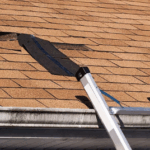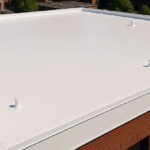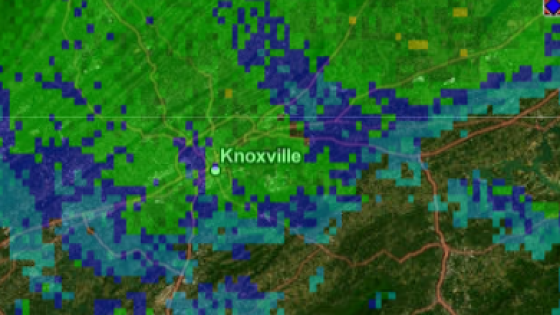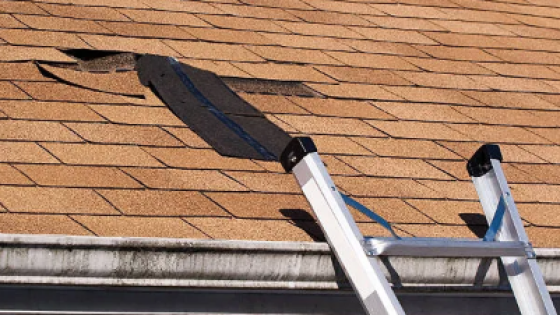When you’re faced with roof damage, whether from a storm, fallen tree, or wear and tear, your first instinct might be to contact your insurance company and file a claim immediately. However, before taking that step, it’s crucial to ask yourself: Should I read my insurance policy before filing a roof claim? The short answer is a resounding yes.
Understanding your insurance policy can save you from unexpected surprises, ensure you are fully covered, and make the claims process smoother. This article will explore why reading your insurance policy is essential, what to look for, and how it can benefit you in the long run.
Key Takeaways
💡Know Your Coverage Before Filing a Claim
💡Understand the Financial Implications
💡Follow the Claims Process to Avoid Denials
💡Seek Expert Guidance If Needed

Why You Should Read Your Insurance Policy
Reading your insurance policy before filing a roof claim is not just about avoiding surprises; it’s about protecting your investment and ensuring that you’re well-informed about what is covered and what isn’t. Here are some compelling reasons why you should take the time to review your policy:
- Coverage Details: Your insurance policy will outline the specific types of roof damage covered. For instance, some policies may cover damage caused by storms but exclude damage resulting from lack of maintenance or wear and tear. Knowing this in advance helps set realistic expectations.
- Deductibles and Limits: Every insurance policy has deductibles and coverage limits. Understanding these numbers can help you determine whether it’s worth filing a claim or paying for the repairs out of pocket.
- Exclusions: Insurance policies often include exclusions—specific situations where coverage is not provided. By reading your policy, you can identify any exclusions that might affect your claim, such as pre-existing damage or certain types of natural disasters.
- Claims Process: Policies typically describe the procedure for filing a claim. Familiarizing yourself with this process can help you gather the necessary documentation and ensure you meet all deadlines, preventing any delays in getting your roof repaired.
- Impact on Premiums: Filing a claim can sometimes lead to an increase in your insurance premiums. Understanding this potential impact beforehand can help you decide whether filing a claim is the best course of action.
Key Sections of Your Insurance Policy to Review
When you read your insurance policy, focus on the following sections to ensure you understand your coverage:
Declarations Page: This page provides a summary of your policy, including your coverage limits, deductibles, and the specific types of coverage you have.
Coverage Section: This section details what is covered under your policy, including the perils (causes of loss) that are insured.
Exclusions: Review this section carefully to understand what is not covered by your policy.
Conditions: This part outlines the obligations of both the insured and the insurer. It’s essential to comply with these conditions to ensure your claim is not denied.
FAQs About Your Insurance Policy
Focus on coverage details, exclusions, deductibles, and the claims process.
Yes, but it’s recommended to review your policy or consult with an expert to avoid any surprises.
Reading your policy ensures you meet all conditions and deadlines, which can positively influence the outcome.
Not necessarily. Coverage depends on the specifics of your policy.
In some cases, yes. Review your policy to understand how claims might impact your premiums.
Contact your insurance agent or seek advice from a roofing contractor experienced with insurance claims.
Your claim could be denied if conditions are not met.
Yes, most policies have specific time limits, so it’s essential to act quickly.
Pre-existing damage is often excluded, so it’s important to know the policy details.
Absolutely. Photos and detailed records will support your claim.
Read your insurance policy
Reading your insurance policy before filing a roof claim is a crucial step that can protect you from unforeseen issues and ensure a smoother claims process. Understanding the ins and outs of your policy can save you time, money, and stress in the long run.



























